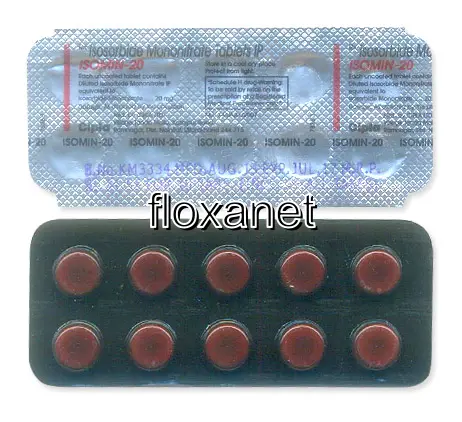| Package | Dosage | Price | Price per Dose | |
|---|---|---|---|---|
| Dosage: 20mg | ||||
| 360 pill | 20mg | AUD390.41 | AUD1.08 | |
| 180 pill | 20mg | AUD220.83 | AUD1.22 | |
| 120 pill | 20mg | AUD165.62 | AUD1.38 | |
| 90 pill | 20mg | AUD138.01 | AUD1.54 | |
| 60 pill | 20mg | AUD106.46 | AUD1.77 | |
| 30 pill | 20mg | AUD65.05 | AUD2.15 | |
| Dosage: 40mg | ||||
| 360 pill | 40mg | AUD510.70 | AUD1.42 | |
| 180 pill | 40mg | AUD266.18 | AUD1.48 | |
| 120 pill | 40mg | AUD179.42 | AUD1.50 | |
| 90 pill | 40mg | AUD141.96 | AUD1.58 | |
| 60 pill | 40mg | AUD104.49 | AUD1.75 | |
| 30 pill | 40mg | AUD57.16 | AUD1.93 | |

Isosorbide Mononitrate Description
Overview of Isosorbide Mononitrate
Isosorbide Mononitrate is a medication primarily used to prevent chest pain (angina) caused by heart-related conditions. It belongs to a class of drugs called nitrates, which work by relaxing and widening blood vessels. This action improves blood flow to the heart muscle, reducing the frequency and severity of angina attacks. As a once-daily oral tablet, Isosorbide Mononitrate offers a convenient option for managing chronic anginal symptoms. Its effectiveness depends on proper dosage and consistent use as prescribed by a healthcare provider.
How Does It Work?
The medication functions by releasing nitric oxide, which stimulates the relaxation of smooth muscles in blood vessel walls. This dilation decreases the workload on the heart and improves oxygen supply to cardiac tissue. Unlike some fast-acting nitrates used for acute relief, Isosorbide Mononitrate provides a sustained effect, making it suitable for long-term prophylaxis. Patients often take it in the morning to maintain stable blood vessel dilation throughout the day. It is important to follow the prescribed dosing schedule to prevent fluctuations that might trigger angina episodes or cause side effects.
Effectiveness and Usage
Many users report a significant reduction in angina attacks after starting Isosorbide Mononitrate. It helps patients regain daily activity without the constant worry of chest pain. The medication is well-studied, with numerous clinical trials supporting its role in angina management. However, individual response can vary. Some may experience optimal relief, while others might need dosage adjustments. It is crucial to combine the medication with lifestyle modifications such as a healthy diet, regular exercise, and smoking cessation for best results.
Side Effects and Precautions
Like all medications, Isosorbide Mononitrate may cause side effects. Common issues include headaches, dizziness, and flushing, especially when starting therapy or increasing the dose. These effects often diminish over time. Less common but more serious side effects involve low blood pressure, rapid heartbeat, or allergic reactions. Patients should inform their healthcare provider about any unusual symptoms. Caution is advised in individuals with seal or kidney problems, as well as those on other blood pressure-lowering drugs, to prevent excessive hypotension.
Patient Reviews and Effectiveness
Many patients appreciate the reliability of Isosorbide Mononitrate in preventing angina episodes. They note improved quality of life and the freedom to engage in daily activities without frequent chest pain interruptions. Some users mention experiencing initial side effects like headaches, but these tend to decrease with continued use. Overall, user reviews highlight satisfaction with the medication’s ability to provide stable symptom control. It is also praised for its once-daily dosing, which enhances compliance and long-term adherence to treatment plans.